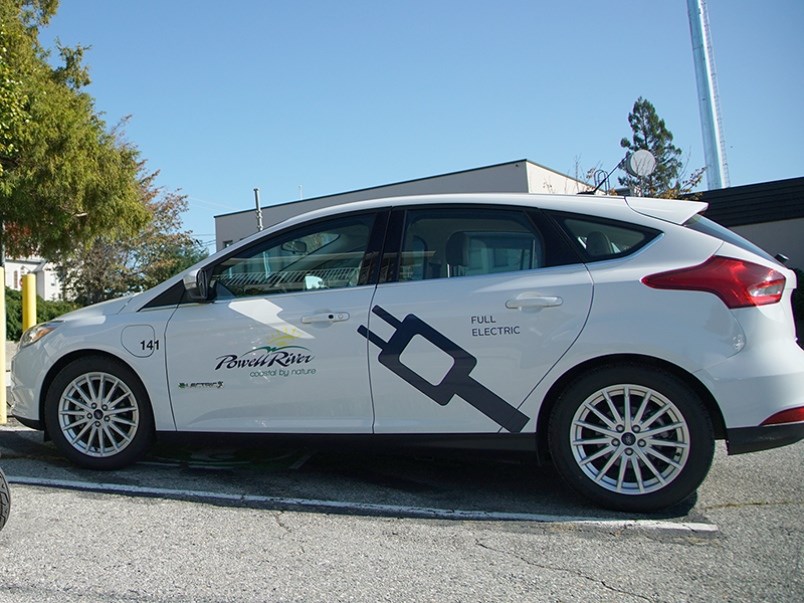BC’s provincial government is targeting 2040 as the year when vehicle sales will be 100 per cent electric.
Regulations outlining how the province will make the switch are now in place; they follow the Zero-Emission Vehicles (ZEV) Act, which passed last year and fulfils the CleanBC commitment to implement a ZEV standard, according to a media release from BC Ministry of Energy, Mines and Petroleum Resources.
"British Columbians are eager to get behind the wheel of an electric vehicle, help reduce air pollution and save on fuel costs, but price and availability can be barriers," stated Bruce Ralston, minister of energy, mines and petroleum resources. "Today we are one step closer to ensuring that in less than 20 years, every new car sold in BC will be a zero-emission vehicle powered by clean electricity."
The ZEV Act, passed in 2019, requires automakers to meet increasing annual levels of EV sales reaching 10 per cent of new light-duty vehicle sales by 2025, 30 per cent by 2030 and 100 per cent by 2040. The new regulation sets phased-in annual targets and other compliance requirements, ensuring automakers increase the number and type of EVs sold in BC to meet consumer demand.
EV sales in BC made up nine per cent of light-duty vehicle sales in 2019, as well as in the first half of 2020, the highest sales rate in Canada, according to the ministry. Budget 2020 invested an additional $20 million in point-of-purchase rebates to make EVs more affordable for British Columbians.
"Growing numbers of British Columbians are switching to electric vehicles and benefiting from an improved driving experience, zero air pollution and much lower fuel and maintenance costs," stated George Heyman, minister of environment and climate change strategy. "We're supporting this transition by making electric vehicles and charging more affordable and available around the province. These changes will help us to build a cleaner, better future where all new vehicles are zero emission."
The ZEV regulation was informed by engagement and consultation with stakeholders, including the auto industry, local governments and environmental non-governmental organizations (ENGOs), according to the release. Following comments received during consultation, a technical review of the ZEV regulation will be held at regular intervals to review market trends, receive input from stakeholders and allow for any necessary adjustments.
A ZEV advisory council will be established to provide input into the ministry’s EV programming and policies, including the ZEV regulation. The advisory council will be comprised of industry, ENGOs, local governments, First Nations, infrastructure providers and academics.
"Electric vehicle sales are growing rapidly and it's vital that supply keeps up with demand,” stated Clean Energy Canada executive director Merran Smith. “It's simple. If you want an electric car in this province, you should be able to drive one home from the lot, same as any car. This new zero-emission vehicle regulation ensures we'll have more of the electric vehicles British Columbians want, saving them thousands of dollars on fuel and maintenance costs while also cutting pollution."
With the passage of the legislation, BC joined a growing number of jurisdictions with EV standards, including Quebec, California and nine other US states, and became the first jurisdiction in the world to legislate a 100 per cent EV target.
CleanBC's Go Electric program offers point-of-purchase rebates of up to $3,000 for the purchase or lease of a new battery electric or plug-in hybrid electric vehicle or hydrogen fuel-cell vehicle for vehicles less than $55,000.



